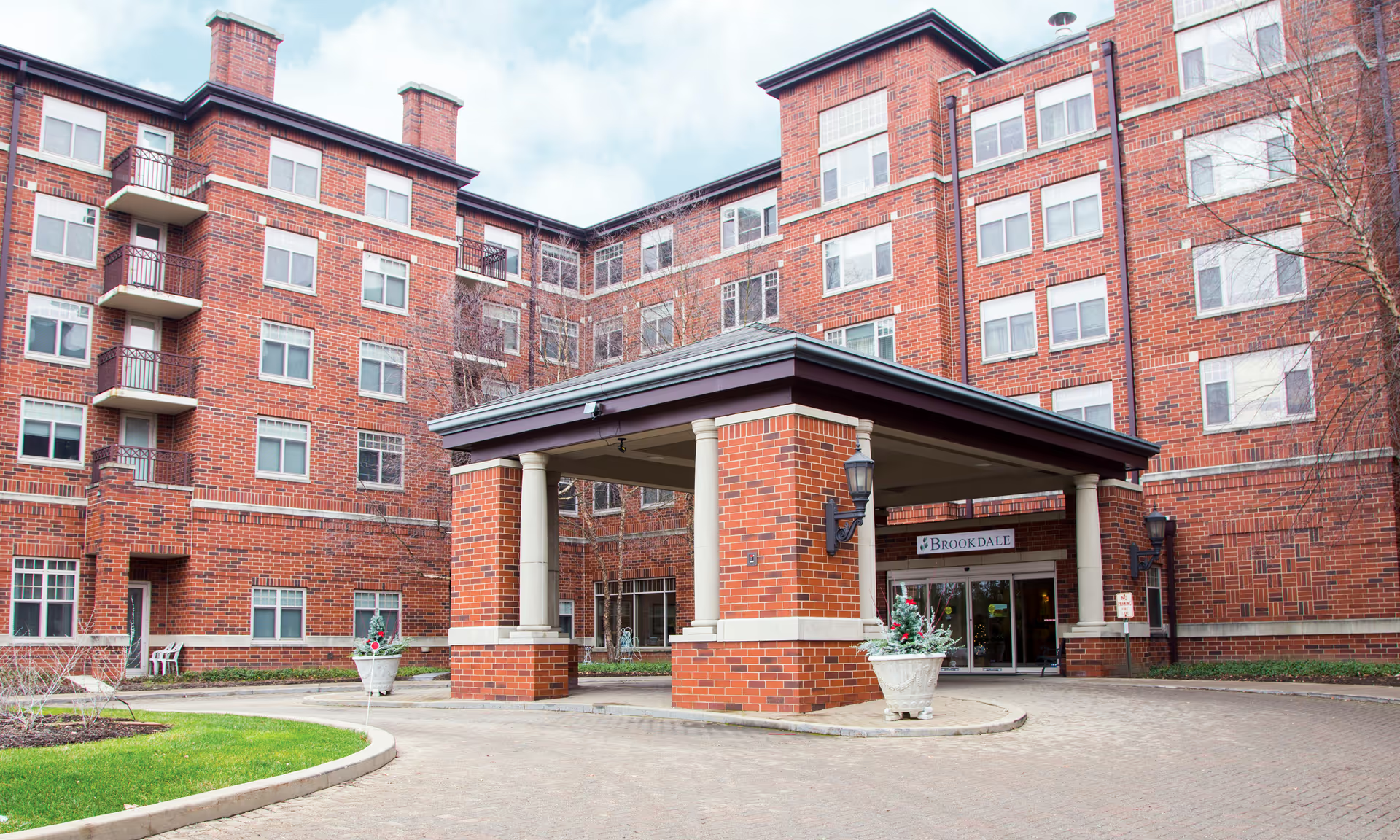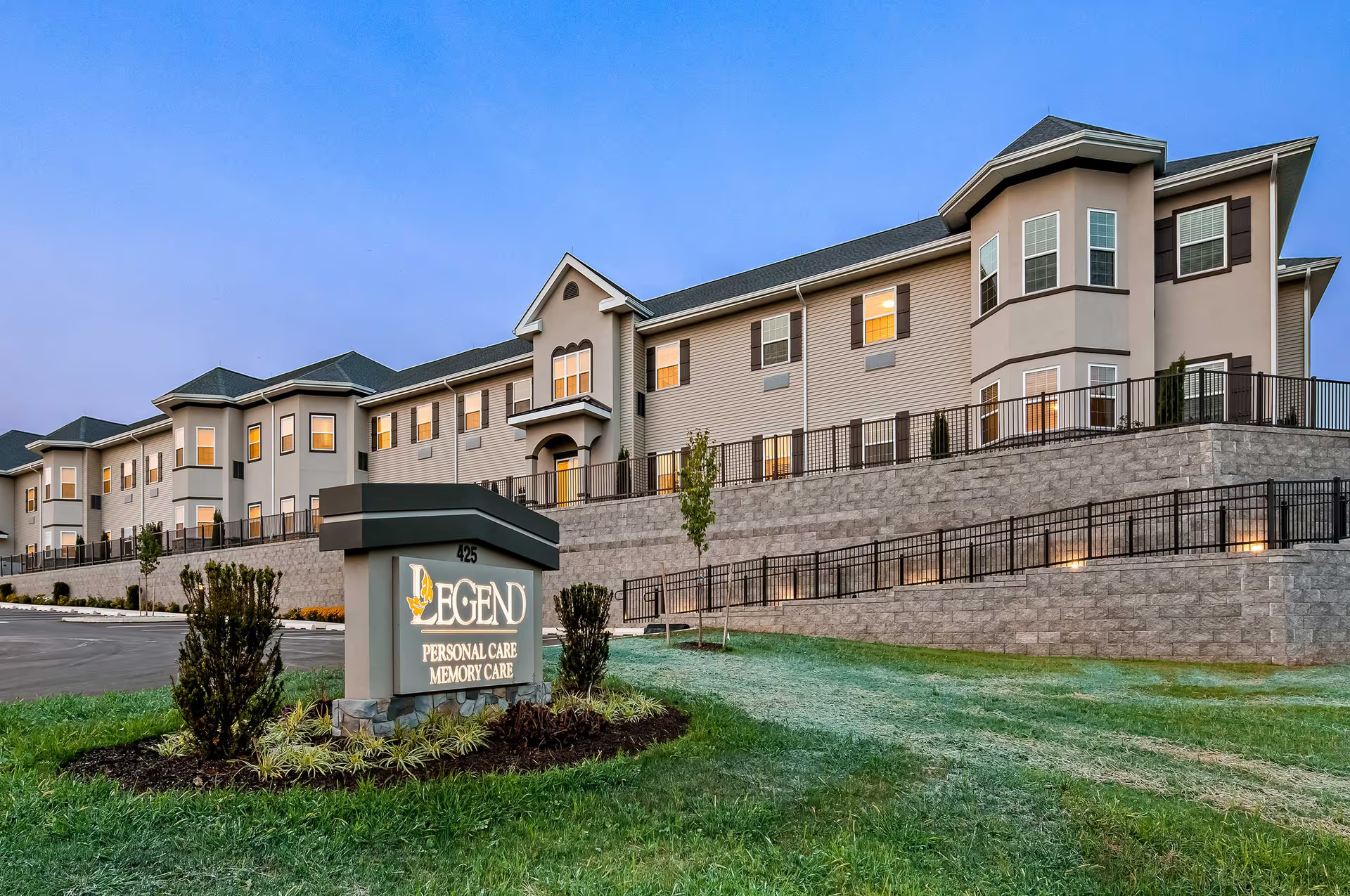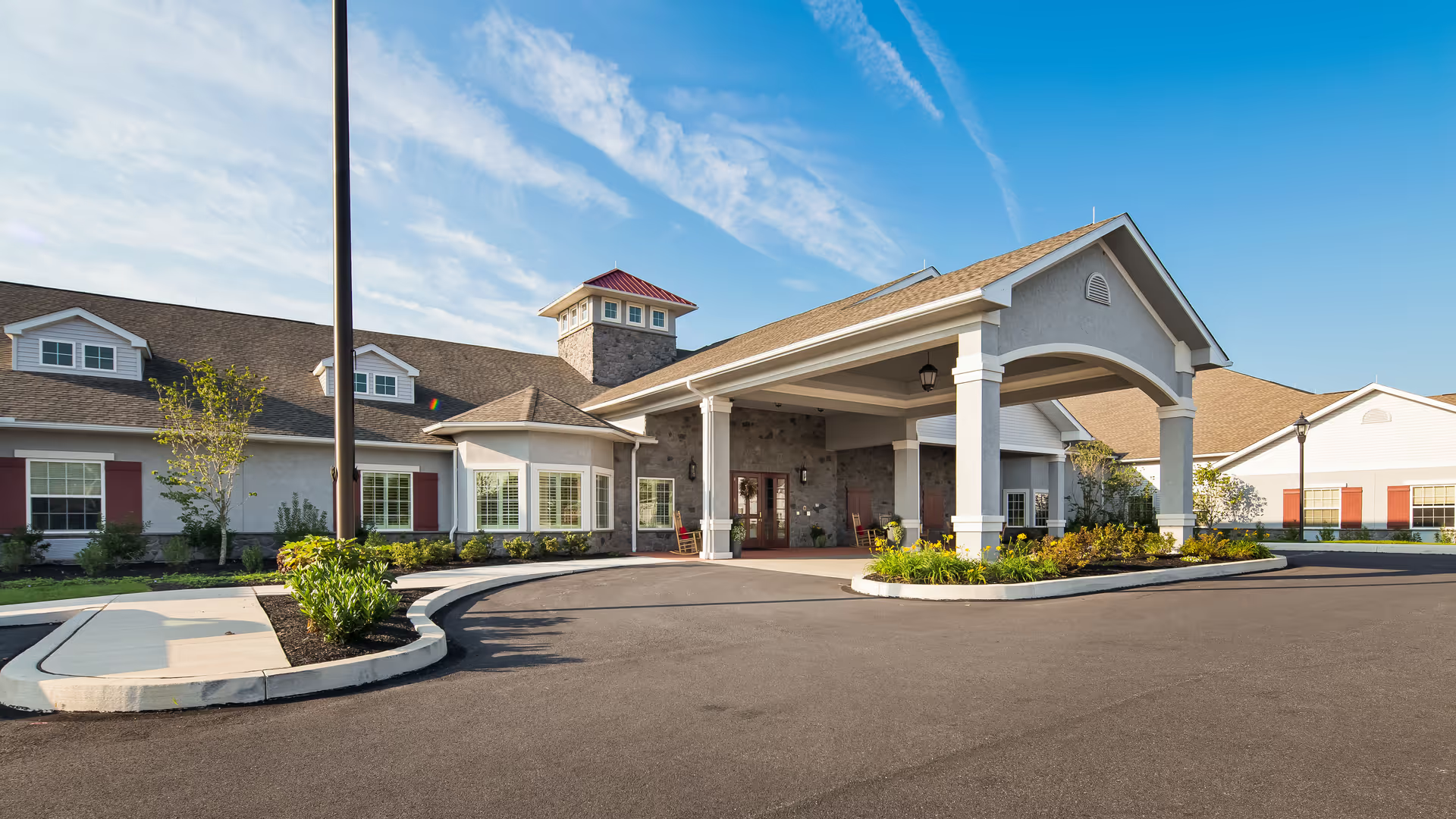Overall sentiment across these reviews is mixed but centers on two clear, recurring themes: the staff and day-to-day care can be excellent and compassionate, yet there are notable and sometimes serious lapses in clinical management, communication, and facility operations. Many families emphasize individual staff members who went above and beyond—several reviewers named employees (for example, Miss Sherry and Lisa Radford) and described smooth transitions, attentive caregiving, and genuine concern. The facility is repeatedly described as clean, cozy, and well-maintained with no offensive odors, and reviewers noted that meals are prepared on site with generally positive impressions of food. Practical services such as transportation, outings, wheelchair support, and onsite physician oversight are also cited positively.
Care quality and safety show clear variations. Positive reports describe compassionate, thorough care and good medical support; however, a number of serious negative incidents are reported. These include medication mix-ups, failure to change a wet bed, and reports of residents experiencing sharp health declines after admission. Behavioral problems and upset or fighting residents—especially in the evenings—were mentioned as a concern that affected safety and comfort for some residents. These safety and clinical issues suggest inconsistent adherence to standards of care and the need for stronger clinical oversight and staffing stability.
Staffing and communication present a complex picture. Many reviews praise staff as warm, friendly, and caring, and families appreciated when staff solicited and acted on family input. At the same time, multiple reviewers described rude or unhelpful employees, maintenance staff who were perceived as rude, and breakdowns in communication—forgotten tours, 40-minute delays, poor updates about resident status, and the help-call button reportedly not fixed. There are also mentions of staff layoffs and turnover, which may contribute to inconsistency in service and the mixed experiences reported by families.
Facilities, rooms, and amenities are generally seen favorably but with caveats. The building and rooms are often described as clean and cozy; reviewers noted semi-private or shared twin-bed rooms (sometimes with private bathrooms) rather than apartment-style units, which means limited personal space for some residents. On the positive side, indoor activities such as bingo, crafts, and occasional special events (balloon toss) exist, and transportation/outings are provided. However, several reviewers called out limited programming, no exercise program, and a need for improved and expanded activities as the community grows and ages.
Management and organizational concerns are a recurrent theme among negative reviews. Words like "disgusting management," "shady," and concerns about ALG ownership were used by multiple reviewers to describe perceived mismanagement. Complaints include inadequate responsiveness to maintenance issues, inconsistent meal service recognition by residents, and poor handling of communication and staffing. These management-level criticisms often accompanied reports of serious clinical lapses, suggesting systemic issues rather than isolated staff mistakes.
Specific vulnerable-population concerns were raised: several reviews noted barriers for deaf or blind residents and recommended targeted training and better accommodations. Overall, reviewers recommended additional staff training, better support for residents with sensory impairments, improved clinical governance to prevent medication errors and neglect, and expansion of activity and exercise programming.
In summary, Cambridge House appears to deliver excellent, compassionate care in many cases, supported by a clean facility, engaged caregivers, onsite medical support, and useful services like transportation and outings. At the same time, inconsistent management practices, staffing turnover, communication breakdowns, safety and hygiene incidents, and limited programming have led to serious negative experiences for some residents and families. Prospective families should weigh the consistent praise for direct-care staff and facility cleanliness against the documented operational and clinical concerns. If considering admission, families may want to ask specific questions about medication management protocols, staff training for sensory impairments, staffing stability, evening supervision and behavioral supports, activity programming, and how management addresses complaints and maintenance issues.







